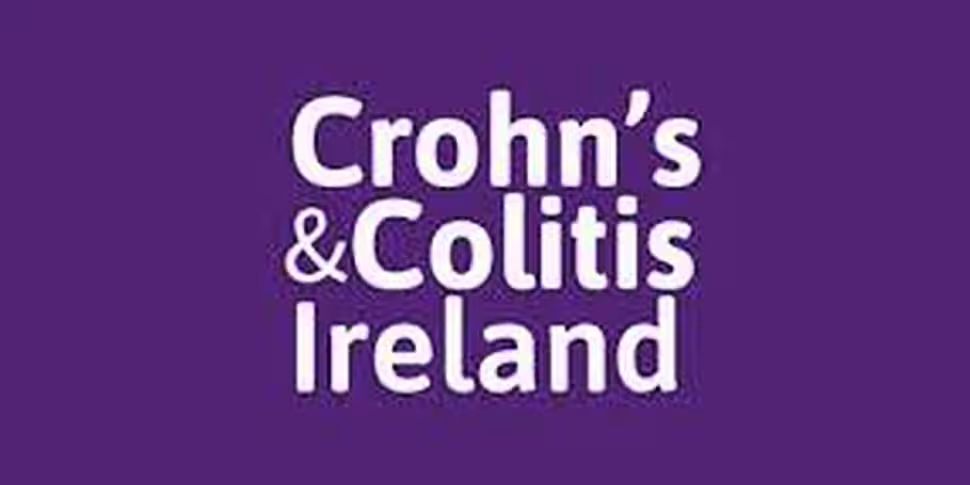Crohn’s and Colitis Ireland has released the results of a survey of almost 1,400 people with IBD.
There are approximately 40,000 people living with IBD in Ireland, with the two most common types being Crohn’s disease and ulcerative colitis. IBD causes inflammation, swelling and ulceration of the intestines, with the most common symptoms being urgent and frequent bowel motions, sometimes with blood, diarrhoea, and stomach cramps.
On World IBD Day (May 19), Crohn’s and Colitis Ireland will host a conference in the Kingsley Hotel, Cork city, with talks on dating and relationships, and on eating well with IBD. The event marks 40 years since the charity was established to provide support to people with IBD and their families.
People can attend in person or join in the livestream – registration is free to members and open at www.crohnscolitis.ie
Comprehensive Survey
The research survey of people with IBD was undertaken by Crohn’s and Colitis Ireland between February and March 2024. Amongst the key findings were:
- Getting diagnosed. One in seven (14%) had to wait more than a year between being referred to hospital and getting diagnosed. Separately, almost half (47%) had to go to A&E with symptoms before being diagnosed with IBD
- Symptoms. When it comes to the worst symptom of IBD, a quarter of respondents (28%) noted abdominal pain and cramping, followed by a similar number for diarrhoea (26%), and one in five (20%) identifying fatigue and tiredness. On their worst day, one in two (50%) would visit the bathroom more than ten times, while two in five (45%) had found it hard to cope with IBD over the past year on a consistent basis
- Flare-ups. One in two (52%) had experienced a flare of their IBD in the previous 12 months, with three-quarters (75%) of these having two or more flares. A substantial number had to attend hospital because of their flare
- Stigma. One in three (35%) had experienced stigma or unfair treatment because of their IBD in the past 12 months
- Facilities. An overwhelming majority of respondents (86%) believe shops/public spaces should do more to support people with IBD, with access to a toilet top of the list
- Costs. One in two (53%) respondents estimated the annual cost of medications, GP and hospital visits to be in excess of €1,000, with three in five (62%) saying the cost of treating their IBD is a financial burden in their life. It is worth noting that IBD is not currently covered under the Long-Term Illness Scheme
Two-thirds (65%) of those surveyed were in full or part-time employment. Of these respondents, the following findings were noted:
- Disclosing a diagnosis. Almost four in five (77%) say their boss knows about their IBD diagnosis, while one in four (23%) had not disclosed their diagnosis. Four in five (82%) had also disclosed their diagnosis to colleagues
- Promotional prospects. Almost one in two (47%) said that their IBD had stopped them from putting themselves forward for promotion or additional responsibilities at work
- Going to the toilet. One in four (28%) indicated that they do not find it easy to take a toilet break at short notice at work, and while the vast majority of employers had no issue with toilet breaks, 6% noted their employer had queried the need for such breaks. Of note, one in six (16%) said that a toilet was not easily accessible at work
There is currently no cure for IBD, but early diagnosis and treatment can help to stabilise the disease and provide a normal quality of life. For more information on the supports and services offered by Crohn’s and Colitis Ireland, call the Support Line on 01 531 2983 (Mon/Wed/Fri, 9.30am to 12.30pm) or visit www.crohnscolitis.ie.












